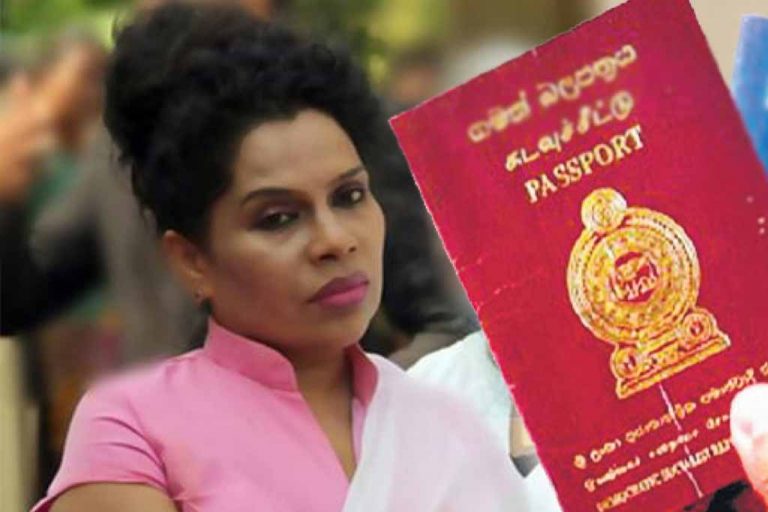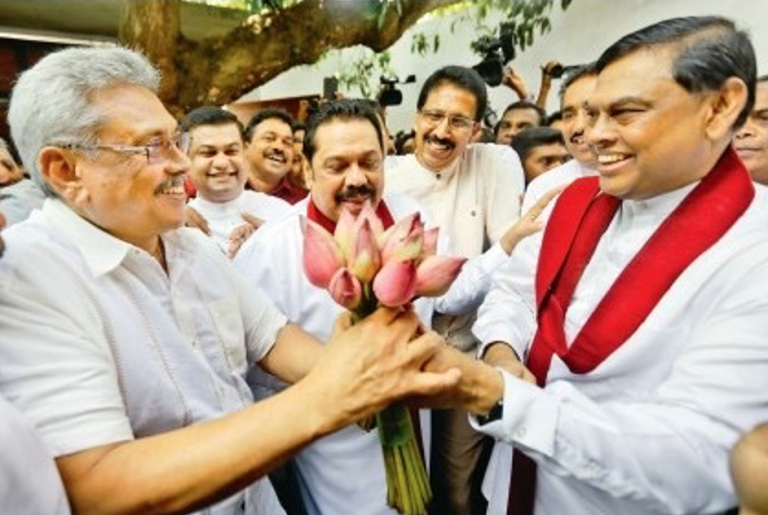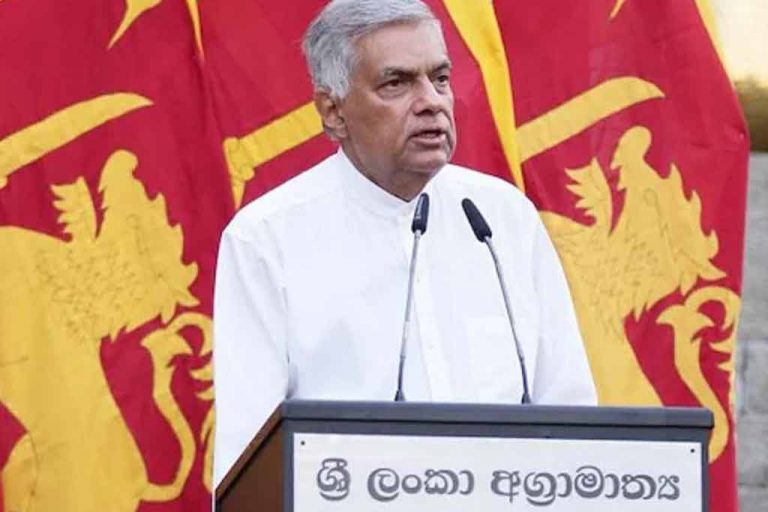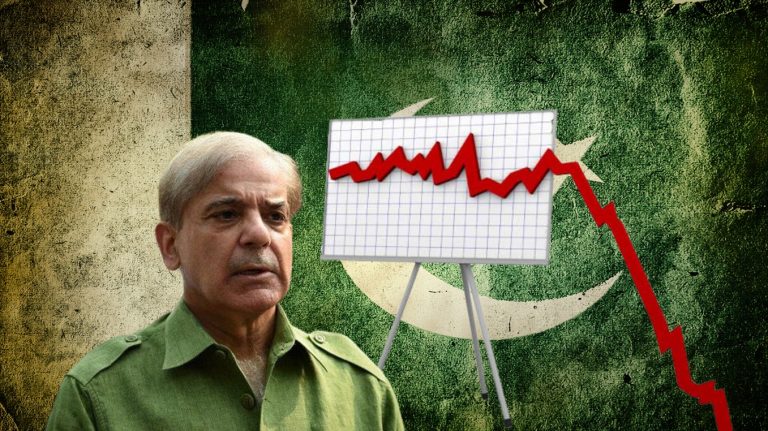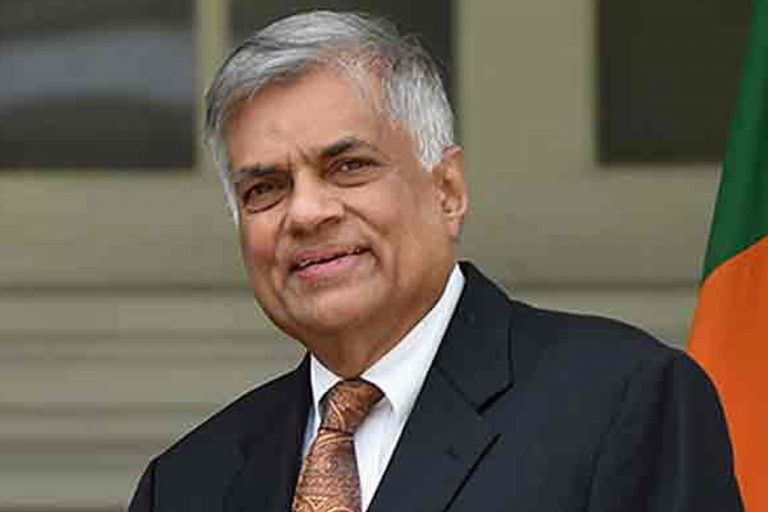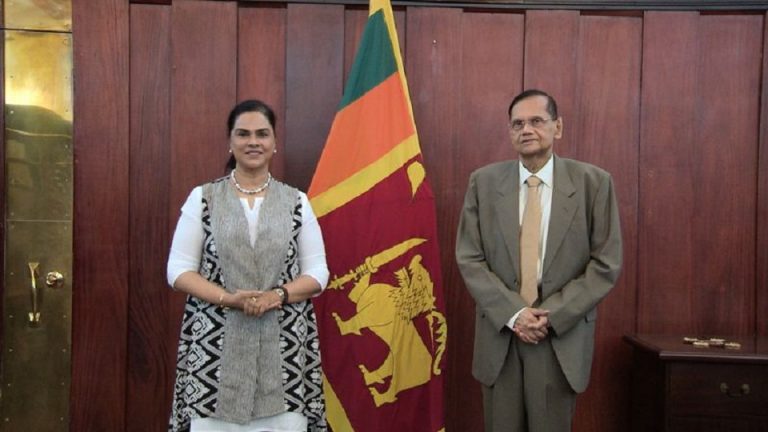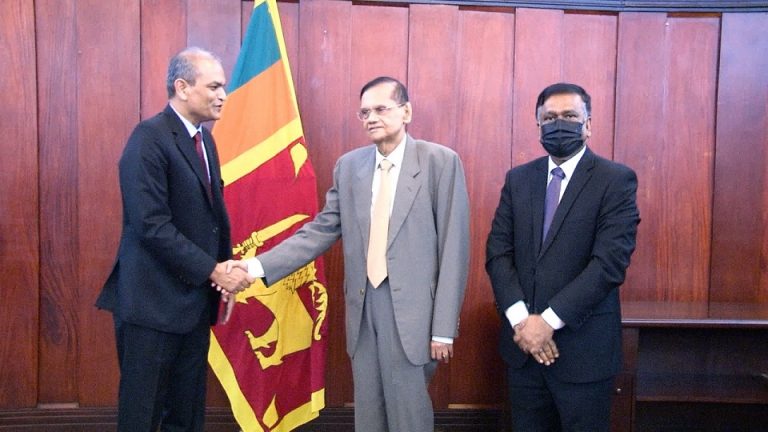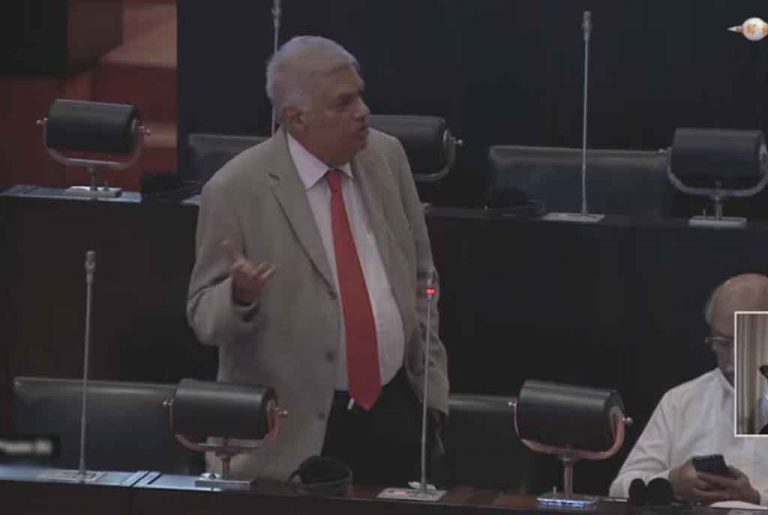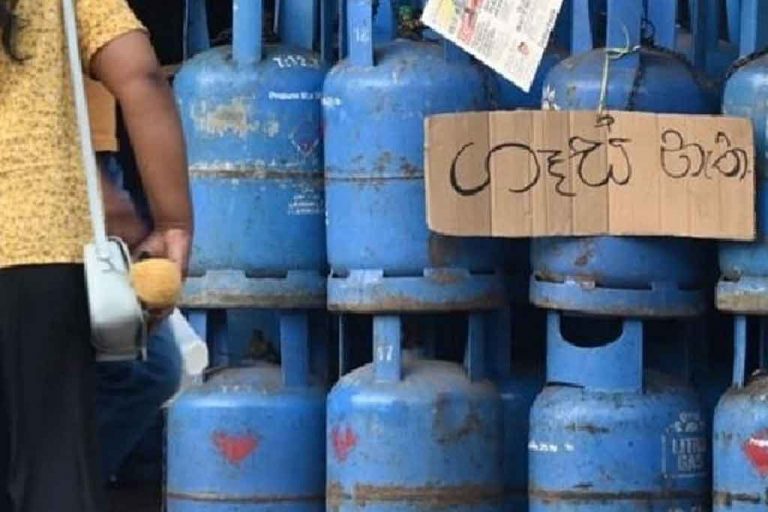A country’s economy is directly proportional to the politics of a state. The growth of businesses & industries needs political stability and a conducive environment for investment. But when a state itself institutionalizes corruption, violence, terrorism, and Jihad then not only does investment sentiment decrease but the domestic business opportunities also get killed. This further gives rise to inflation, unemployment, stagnation, and debt ultimately leading to bankruptcy.
Pakistan is on the verge of bankruptcy
According to a news report published in the Pakistani news portal The News, Pakistan’s default risk surges as foreign exchange reserves are rapidly depleting and due to the floating rate of interest, the bond yield is skyrocketing.
Reports suggest that on December 5 2017, the government of Pakistan issued an Islamic bond worth $1 billion at a yield rate of 5.625 per cent for 5 years. The bonds are going to mature on 5 December 2022 at a whopping 27 per cent. Further, the State Bank of Pakistan has stated that before end-June 2022, Pakistan owes $4.889 billion to the market.
Moreover, the liquid foreign exchange reserves of the country are down to $10.1 billion. With a budgetary deficit approaching Rs 5 trillion and a current account deficit reaching $20 billion is on the verge of declaring sovereign default.
Politics Induced Bankruptcy
A sovereign default means a country cannot repay the borrowings on time. Pakistan’s state of the financial situation is suggesting that the country is in a dire condition of financial difficulties. Leave the repayments of earlier borrowings aside, it does not even have sufficient reserves to import basic amenities like food or fuel in coming times.
Although the Sri Lankan financial crisis was induced by the agricultural policies and pandemic difficulties. But Pakistan has dug its own grave by dictating its policies in terms of religion. Influencing every policy through the lens of religion and selling their soul in the Indian hate has resulted in the bankruptcy of the state.
In their hatred towards India, they continued to export terrorism which resulted in the instability in their own country, further ruining the country’s business growth despite its strategic geographical location on the globe. Further, in an arms race with India, they developed weapons of mass destruction but could establish the mass feeding industries.
Sold souls to foreigners
Blinded by foreign aid, Pakistan aided the world’s two most powerful countries in their conquest in South Asia. The country focused on military development but completely ignored its business infrastructure. The instability during the Cold War era & continued fighting in Afghanistan further sank the development boat of Pakistan and the Islamic country missed the bus of the third industrial revolution.
After the US, they held the hand of the Chinese. But the booming market of China did not help Pakistan to grow its industrial base. The country was used by China to advance its presence in the Arabian Sea and made Pakistan a satellite state for their personal gain. Although they made a strong nexus of the military against India, Pakistan remained a serf of China. The paper dragon did not let the Islamic republic stand on its own. Now, once again the Islamic State is on the verge of missing the bus of the fourth industrial revolution.
The Islamic Republic of Pakistan throughout history (since 1947) remained a satellite state and every policy of Pakistan was decided in the bedroom of America & China. Which never let the country realize to stand on their own and learn the basic policy of a modern state to live for their own people, not kill others. And, now the state has reached the situation of bankruptcy where they can’t feed their own people despite being the ‘closest friend’ of the world’s second-largest economy, China.
TFI POST


